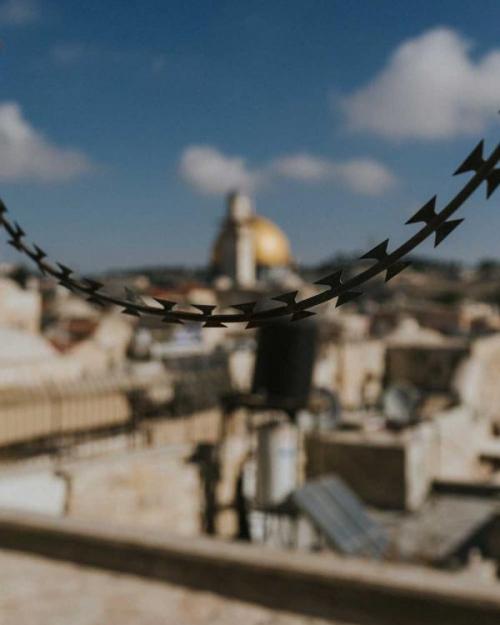The deadly clashes between Israelis and Palestinians are likely to continue this week, as the Israeli military deploys additional forces near the Gaza Strip.
Uriel Abulof, a visiting professor in Cornell University’s government department and professor at Tel-Aviv University, says the recent escalation in violence resulted in part from Israeli prime minister Benjamin Netanyahu’s efforts to elevate ultra-nationalists and racist leaders.
Abulof says: “The Israeli-Palestinian conflict is not the deadliest, but is the most flammable conflict on earth, with fire starters aplenty. The reignited violence of the past days is no false alarm but a wake-up call to those who believed the conflict can be wished away.
“Jerusalem remains the epicenter, ever alluring to pyromaniacs – on both sides. In Israel, they are at the helm. In September 1996, just after starting his first tenure as Israeli premier, Netanyahu ordered the opening of Jerusalem’s Western Wall Tunnel, quickly leading to extremely violent escalation.
“Twenty-five years later, perhaps a moment before leaving office, Netanyahu comes full circle with a march of folly involving incendiary decisions and inflammatory individuals, including ultra-nationalist and racist leaders he helped get into the parliament. Ending Netanyahu’s reign, and this ring of fire, requires flame-retardants.
“De-escalation is mostly up to Israel and the Palestinians: a bold new Jewish-Arab coalition to oust Netanyahu can send an invaluable message. But the U.S. can help too by going beyond the usual calls for restraint and use both sticks and carrots to pressure Israel (directly) and Hamas (indirectly, through its Gulf sponsors) to stop fire.”
For media inquiries, contact Linda Glaser, news & media relations manager, lbg37@cornell.edu, 607-255-8942.






